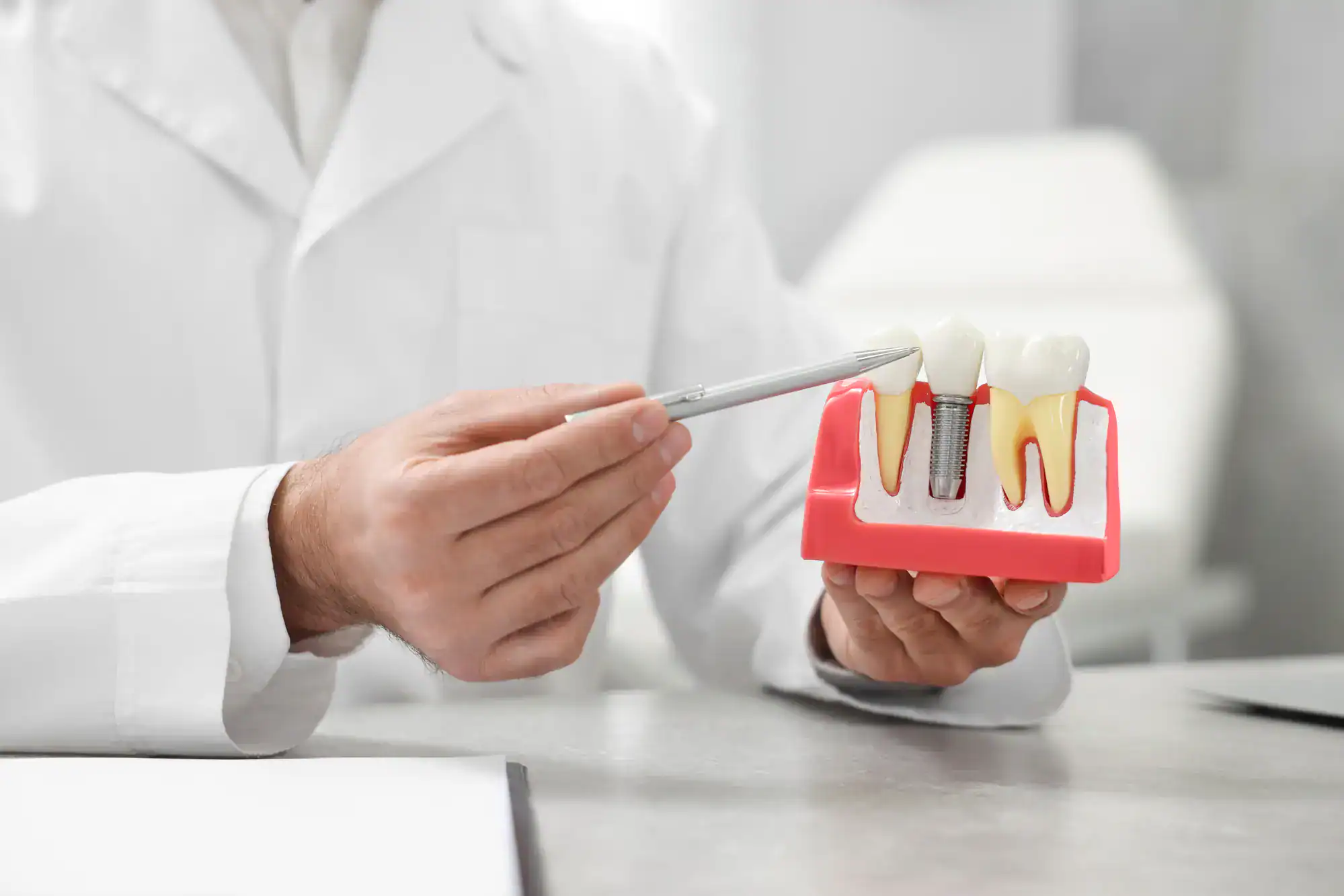Dental implant costs vary based on how many teeth you’re replacing and whether additional procedures like bone grafting are needed. A single implant typically costs between $3,000-$5,000, while full mouth restoration ranges from $15,000-$30,000 per arch.
Many dental insurance plans now provide partial coverage for implants, recognizing them as a necessary treatment rather than cosmetic. Coverage typically ranges from $1,000-$2,000 per implant, though this varies significantly between plans.
We provide detailed cost estimates before treatment begins and offer financing options to make implants more accessible. When comparing costs, remember that implants’ longevity often makes them more economical than repeatedly replacing bridges or dentures over decades.




